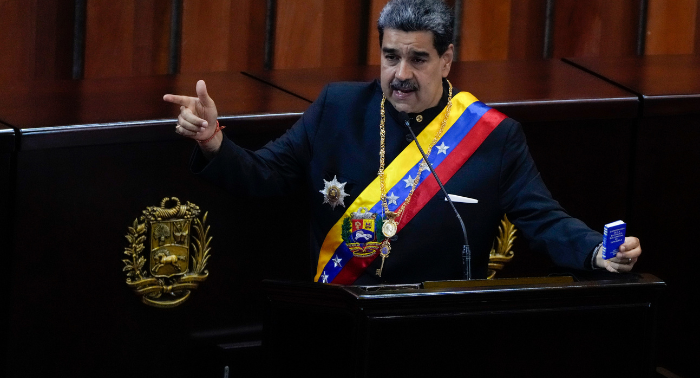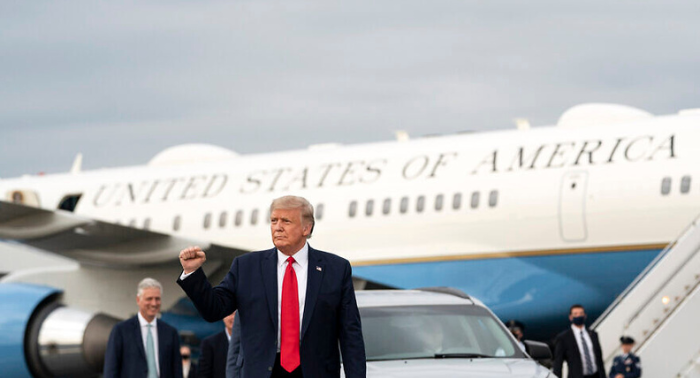A confidential memo recently obtained by The Associated Press has unveiled a covert operation conducted by the U.S. Drug Enforcement Administration (DEA) over several years. This operation involved sending undercover agents into Venezuela to secretly record activities and gather evidence related to drug trafficking cases implicating the country’s leadership, including President Nicolás Maduro. The memo, dated 2018, is linked to “Operation Money Badger,” an investigation that allegedly targeted numerous individuals.
What makes this revelation particularly significant is the admission within the memo that this operation arguably violated international law, as it was conducted unilaterally and without notifying Venezuelan officials. While it is challenging to hold the United States legally accountable in such situations, this disclosure could further strain already tense relations between the U.S. and Maduro’s government, potentially fueling resentment across Latin America over perceived American interference.
This revelation provides an unusual glimpse into the DEA’s determination to combat drug trafficking in a country that had banned U.S. drug agents nearly twenty years ago. While the U.S. has previously conducted law enforcement operations abroad without host country consent, the memo’s acknowledgment of such activities in an internal document is striking.
The DEA and the Justice Department have declined to provide specific details about the memo, the frequency of unilateral operations, or the composition of the panel responsible for approving these activities. Venezuela’s communications ministry did not respond to requests for comment on the matter.
The release of the memo comes at a time when President Maduro has accused the DEA and the CIA of destabilizing Venezuela, although he clarified that he did not believe President Joe Biden was directly involved. This revelation may lead to diplomatic tensions and could affect future cooperation between the two countries.
The memo was unintentionally shared online as part of government exhibits during the bribery conspiracy trial of two former DEA supervisors who had been involved in efforts against the Maduro government. It was later removed after an AP reporter inquired about it. The federal judge presiding over the trial sealed the courtroom during discussions about the memo due to concerns about potential diplomatic repercussions.
International legal experts suggest that such undercover operations on foreign soil without consent violate international law. While there is no international court or tribunal with jurisdiction over these actions, the release of the memo could still lead to objections from Venezuelan diplomats and hinder future cooperation.
This revelation harkens back to a period of heightened tensions between the U.S. and Venezuela when DEA offices across multiple districts competed to penetrate Venezuela’s criminal networks. The DEA recruited a money launderer with inside knowledge of fraudulent activities involving Venezuela’s foreign currency system. This informant played a crucial role in gathering evidence against high-level targets, including José Vielma, a former minister with close ties to Maduro.
The risks associated with these activities were significant, as the DEA’s reputation for pushing boundaries had already been established. While Vielma and others were indicted on money laundering charges, they remain in Venezuela and loyal to Maduro. Their extradition to the U.S. is unlikely unless they leave the country.
This revelation raises questions about the DEA’s methods and their effectiveness in combating drug trafficking while also challenging the agency’s reputation and America’s standing abroad.
In summary, the leaked memo sheds light on a clandestine DEA operation in Venezuela, revealing potential violations of international law, diplomatic tensions, and the complexities of conducting law enforcement activities in foreign nations.




